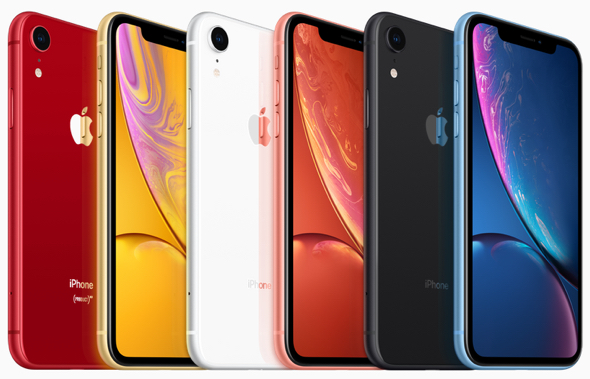Disclaimer: The views, suggestions, and opinions expressed here are the sole responsibility of the experts. No Scoop Today USA journalist was involved in the writing and production of this article.
The contraption that changed music and tech for ever : iPod in 18

Apple’s rebound item made advanced media usable and convenient gadgets delightful
Any individual WHO has possessed an iPod recalls the rush of unwrapping it. The initial ones, which Steve Jobs divulged 18 years back on October 23rd 2001, were a section of sci-fi in their pocket.
The name for the smooth square shapes originated from a marketing specialist who thought they looked like the action units in “2001: A Space Odyssey”. Dialing the cover down the cardboard compartment wanted to set up the gadget for dispatch.
Sir Jonathan Ive, Apple’s central fashioner, later clarified that “packaging can be theatre”. They demanded that everything be white, including the particular earbuds, to give the item the “cultural gravity” that its dim, plastic rivals needed.
Employments was as eager about the gadget’s appearance as its abilities. “It’s beautiful,” they wondered to their group of spectators at Apple’s central station.
To watch their declaring the iPod today is to come back to a world with just simple innovation to saddle advanced media. Napster, a document sharing help propelled in June 1999, enabled a huge number of web clients to download MP3 tracks wrongfully, under the steady gaze of a claim shut it down in July 2001.
Indeed, even the greediest music privateers could do minimal more than load their not well gotten goods onto CDs. Different organizations discharged hard-drive players for MP3s, yet they were burdensome and expected clients to navigate melodies. “No-one”, Jobs insisted, “has really found the recipe yet for digital music.”
The iPod’s wheel richly expelled the looking over issue. A minor hard-drive worked by Toshiba stuffed five gigabytes of memory (enough for 1,000 melodies) into 1.8 inches (4.5cm), enabling the iPod to offer as a lot of capacity as any rival in a littler body. What’s more, the prior dispatch of iTunes implied that each Apple PC had a program devoted to dealing with the gadget’s substance.
Pundits pondered whether normal music fans would fork out $399 (about $580 today) for such an unusual contraption. By 2007 Apple had sold 120m of them, and before long propelled the littler Mini, the minor Nano and the screenless Shuffle.
The exemplary iPod increased a shading screen, at that point the capacity to play recordings, lastly a hard-drive of 160 gigabytes, which was more than most workstations had. History specialists of Apple for the most part note that the iMac PC, which Jobs propelled soon after coming back to the weak organization in 1997, resuscitated its fortunes.
Be that as it may, the iPod acquainted a great many people with the company’s tasteful and specialized splendor. At its pinnacle it represented 40% of Apple’s income.






